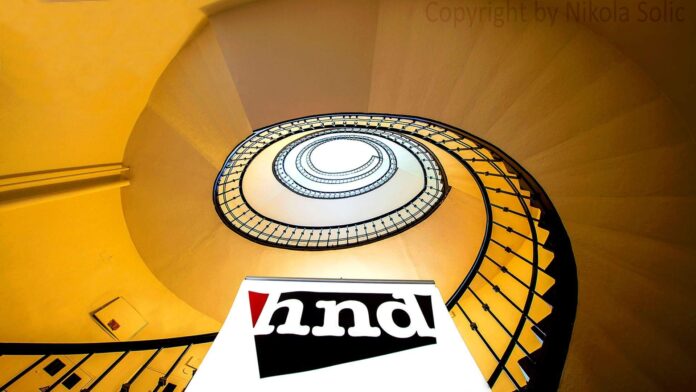The editorial board of the daily newspaper Slobodna Dalmacija has reported Deputy Mayor of Split, Bojan Ivošević, to the Croatian Journalists’ Association (CJA) for what was stated in the complaint as “inappropriate treatment towards Slobodna Dalmacija journalist Marko Didić.”
Furthermore, it is stated that in his letter to the city administration of Split, colleague Didić requested answers, including from the deputy mayor, regarding the reduction of working hours for catering establishments based on a request from the Split police dated March 28 of this year.
“As no one from the city administration responded to the request of the Split police, colleague Didić sent an inquiry as to why this was the case, why it took almost 45 days, and whether it was related to the alleged good relationship of the deputy mayor with the owner of one of the ‘controversial’ cafes. Instead of a normal response from the deputy mayor, in which he could have denied the allegations regarding the reasons for the delays in approvals, and such responses fall within the scope of a deputy mayor’s duties, Mr. Ivošević, for the third time in response to the journalist’s inquiry, instead of answering, publishes our journalist’s complete questions on Facebook, accusing him of ‘malicious insinuation’,” among other things stated in Slobodna Dalmacija’s complaint.
The position of the Croatian Journalists’ Association is that such actions should not be taken, regardless of whether the topic or questions are liked by the person to whom they are addressed or not. Questions simply need to be answered.
After the CJA previously reacted to Split Mayor Ivica Puljak for similar reasons, his deputy mayor, Ivošević, continues this practice, which is completely unacceptable and reflects disrespect towards journalists. We consider the publication of journalistic questions on Facebook to be an unacceptable practice that practically reveals the topics addressed by individual journalists or media outlets, which no one should do. All questions – even those perceived as insinuations – should be answered to dispel any doubts “cast upon.” Any other form of communication, according to the CJA, is unacceptable, and we condemn it.
For the Executive Committee of the CJA,
Hrvoje Zovko, President of the Croatian Journalists’ Association






